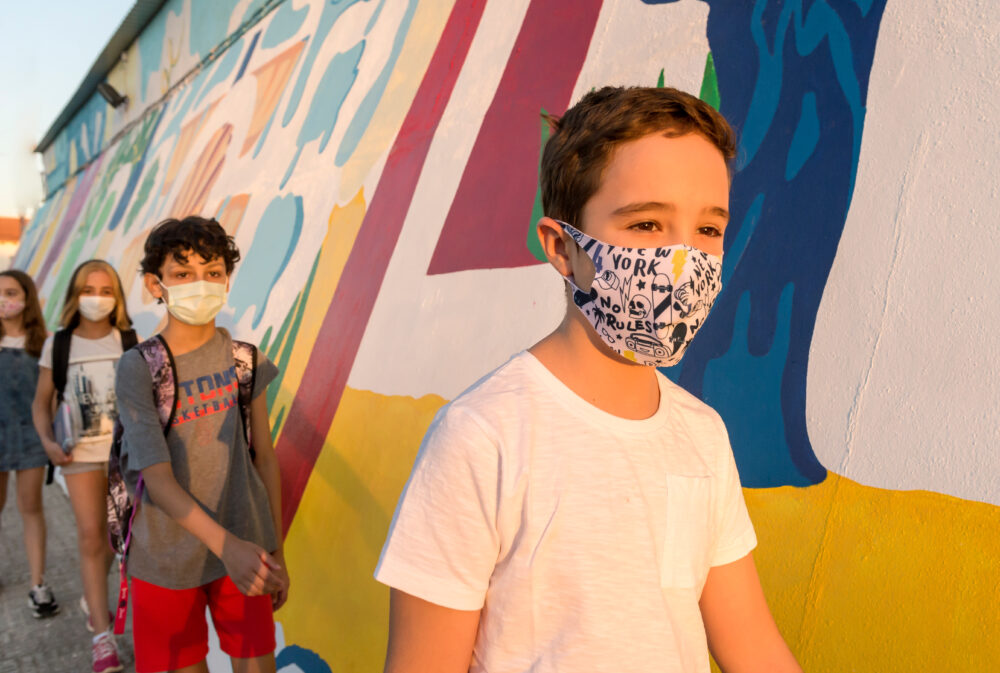AFC Statement on Summer Rising
Kim Sweet, Executive Director of Advocates for Children of New York (AFC), issued the following statement in response to the City’s announcement of summer programming for 2021.
Apr 13, 2021

We are pleased that the City is moving forward with an expanded version of summer school that will integrate academic and social-emotional support and be open to students across all grade levels.
It will be important for the DOE to engage in intensive outreach to reengage students and families who have been disconnected from school, and the City must also take intentional steps to make registration as simple as possible and ensure that all students, including those who have disabilities, are learning English as a new language, or are experiencing homelessness, have the support they need to participate.
As the DOE irons out plans for the summer, there are many questions that remain to be answered if Summer Rising is to be truly accessible and beneficial for all students. As just a few examples, we need to hear more about:
- The City’s plans for providing specialized supports for students with disabilities and English Language Learners (ELLs), many of whom have gone without their legally mandated instruction during the pandemic.
- What targeted academic supports will be available. Beyond traditional enrichment, students should have the opportunity to receive one-on-one or small group instruction and intervention, particularly in the area of literacy. Last summer, the DOE began matching small groups of students struggling with reading with educators already trained in delivering evidence-based interventions; we urge the City to continue and expand upon this initiative as part of Summer Rising.
- Whether there will be any guidelines in place to ensure accessibility and effectiveness in the high school program, which seems to be left entirely to the discretion of individual schools.
- The availability of programming to students who are 21 or older and would normally age out of school in June, but need more time to earn a diploma or receive transition services in light of the pandemic.
- The City’s plans for providing bus service or other door-to-door transportation for all students who need it in order to participate.
- The City’s plans for how to provide instruction in trauma-informed settings and offer behavioral and mental health supports and services.
- The City’s plans for providing support to students whose families continue to opt for remote learning over the summer.
- The City’s plans to make summer programming available to students in the juvenile and criminal justice systems.
Our full recommendations for COVID-19 education recovery can be found online. Following a year of unprecedented educational disruption, we look forward to working with the DOE to make summer programming as beneficial as possible for the students disproportionately impacted by the pandemic.